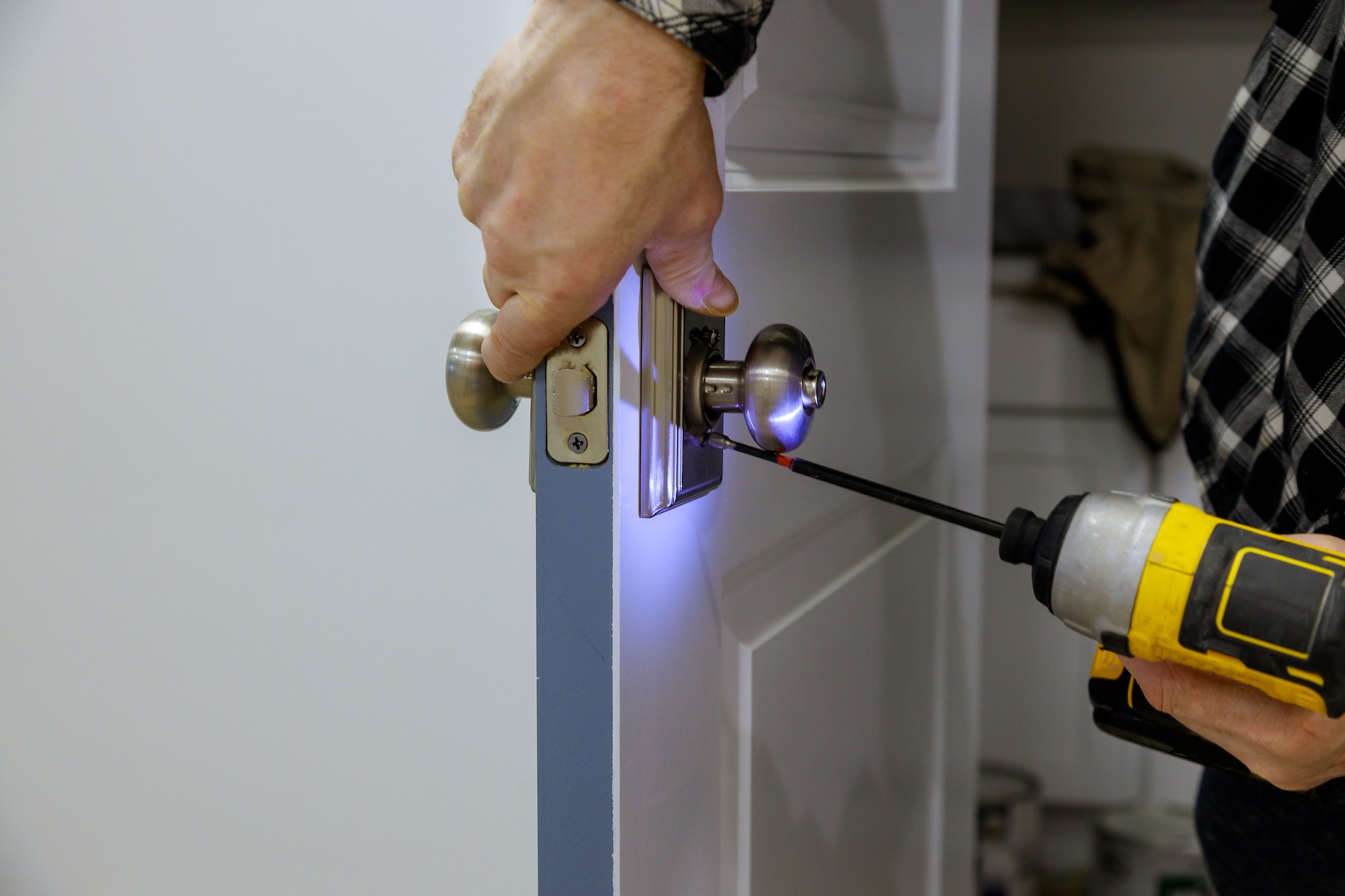Every person shopping for an existing house should get a home inspection. Why? Because it takes a professional to spot deficiencies in a house that may not be easy to see while walking through the house. Most home buyers are not experts on all the systems that make up a house. Once an inspector gives the home buyer a report, the deficiencies listed must be repaired. Who should pay for the repairs? The homeowner? The buyer? Home inspection reports often result in negotiations between the buyer and seller to come to an agreement about who will pay for repairs or if the price of the house will be adjusted.
What Is a Home Inspection?
A home inspection is just what the name implies. It is an inspection of the house a person is thinking about purchasing by a professional inspector. This professional will walk through the house, look at the roof, and crawl under a house in the crawl space. After this professional inspection, the home inspector will issue a complete report on the condition of the home and its operating systems. This will cover structure, foundation, plumbing, electrical, HVAC, and more.
What To Do With the Report
That is the easy part. Now, the buyer must decide if they want to go on with the purchase of the home after reading the report. If they want to continue with the purchase, they must begin the process of negotiating repairs with the property seller. It helps to have an accurate estimate for the repairs that are needed. There are online sites for repair estimates, such as RepairPricer.com, that can estimate the costs of the repairs listed on a home inspection report. Or, the buyer can take their repair list to individual local contractors for estimates on required work.
When the inspection report is given to the homeowner, they can also decide to back out of the sale or go forward. But, once a home inspection has been done and defects have been found, the seller may be obligated to report them to future buyers. Most home inspections do not find major defects, but when the defects affect the safety of the home, the issues need to be repaired. The defects found in the inspection can be accepted by the buyer, the buyer can request they be repaired, or the selling price may be adjusted to cover the repairs.
The home inspection report is often used as a price negotiating tool by the buyer and their agent. The seller may be willing to reduce the selling price rather than pay for repairs before the real estate closing. There are right and wrong ways to negotiate these home repairs. There are 10 helpful tips for negotiating home inspection repairs that will help the buyer get the most benefit.
Common Problems Found in Home Inspections
There are common issues that home inspections uncover that will need attention.
* plumbing issues
* mildew, mold, or insect infestations
* improperly done grading that may be causing a wet basement
* Electrical wiring problems
* Roof problems
* Foundation irregularities or damage
* Heating and cooling equipment problems
* Window or door issues
* Issues with appliances and equipment such as smoke and carbon monoxide detectors, kitchen appliances, and other home appliances
Some problems are easy to repair or minor, and other problems could cost thousands of dollars to repair, such as a home needing a new roof or foundation repairs. No existing house is perfect, and the buyer must be prepared to accept some deficiencies. But, issues that are expensive to repair or present a safety issue must be repaired.
10 Tips For Negotiating Home Inspection Repairs
Negotiating these repairs can sink a purchase or leave the buyer to pay for more repairs than they want to deal with. Some successful negotiating tools include:
- Making sure to ask that the agreed-upon repairs be completed before the closing. Ask for them to be performed by licensed professionals, and ask for the receipts.
- Asking for a reduction in the selling price and then paying for quality repairs after closing. Ask for the appropriate amount, and have work estimates to back the amount up.
- Asking for compensation other than cash. For instance, ask for furniture, appliances, or other items to be left to compensate for the repair costs.
- Asking the seller to provide a home warranty for at least the first year.
- Asking the seller for credits toward the closing costs or credits toward the repair cost.
- Carefully picking your battles. Focus on the repairs that are most important to have done before moving into the home. This would include structural and functional issues.
- Asking your lender what is required for the loan to go through. FHA and VA loans have stricter requirements for home loans. They may require their own inspections and demand certain defects be remedied before closing. The seller may not be willing to make all of the repairs, leaving the balance of cost to the buyer.
- Being reasonable and realistic about the repairs you demand. For instance, if renovations are planned, don’t demand repairs that would be covered by that. Don’t demand repairs for aesthetic reasons. Get estimates for repairs and only ask for that amount.
- Being afraid to walk away from the purchase if an agreement can’t be reached easily or if the repairs not covered by the seller will be too expensive for you to handle. Home inspections can uncover problems that don’t have an easy fix or that make the home a bad buy.
- Considering the local housing market, how much you want the home, the cost of the repairs, how serious the home defects are, how long the home has been for sale, and the home’s age and history. In a competitive market, making too many repair demands can lose you the house.
After a home inspection has been done and the buyer has the report, the next step should be talking to the Realtor to see what reasonable demands would be in their experience with the market conditions. If every sale involves multiple offers, making too many demands is not wise. On the other hand, if the repairs will cost too much, backing out of the sale might be the best answer. The homebuyer must consider the total cost of the home, including repair and remodeling costs.
Discover more from Futurist Architecture
Subscribe to get the latest posts sent to your email.




